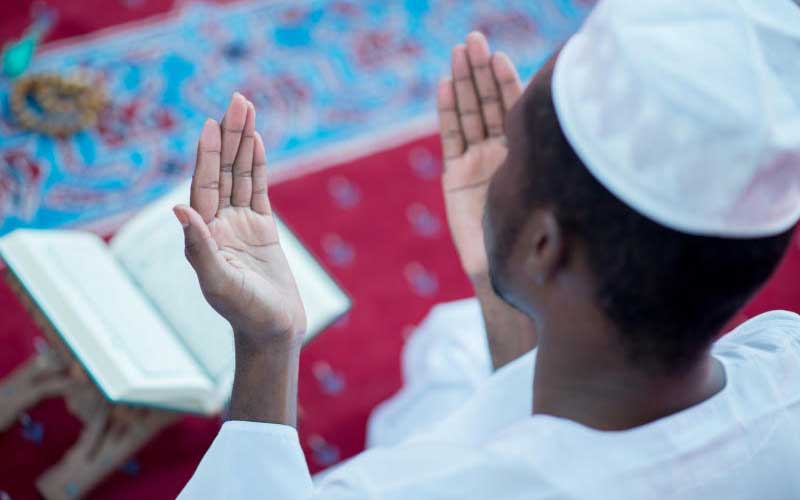×
The Standard e-Paper
Join Thousands Daily

Tough times loom for religious institutions operating with impunity once proposed legislation is finalised.
The proposed law seeks to regulate how churches, mosques and temples operate and enable their registration to prevent them from engaging in illegal activities even as they enjoy freedom of worship.